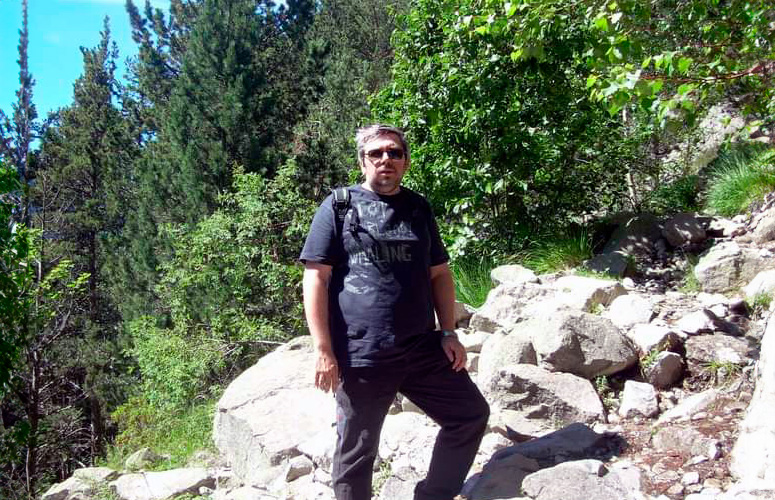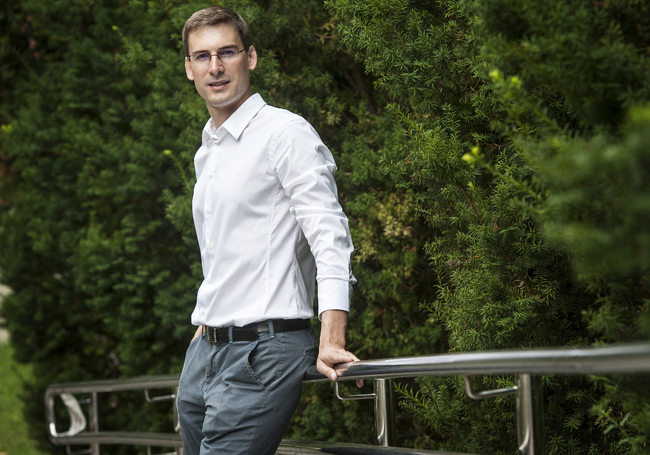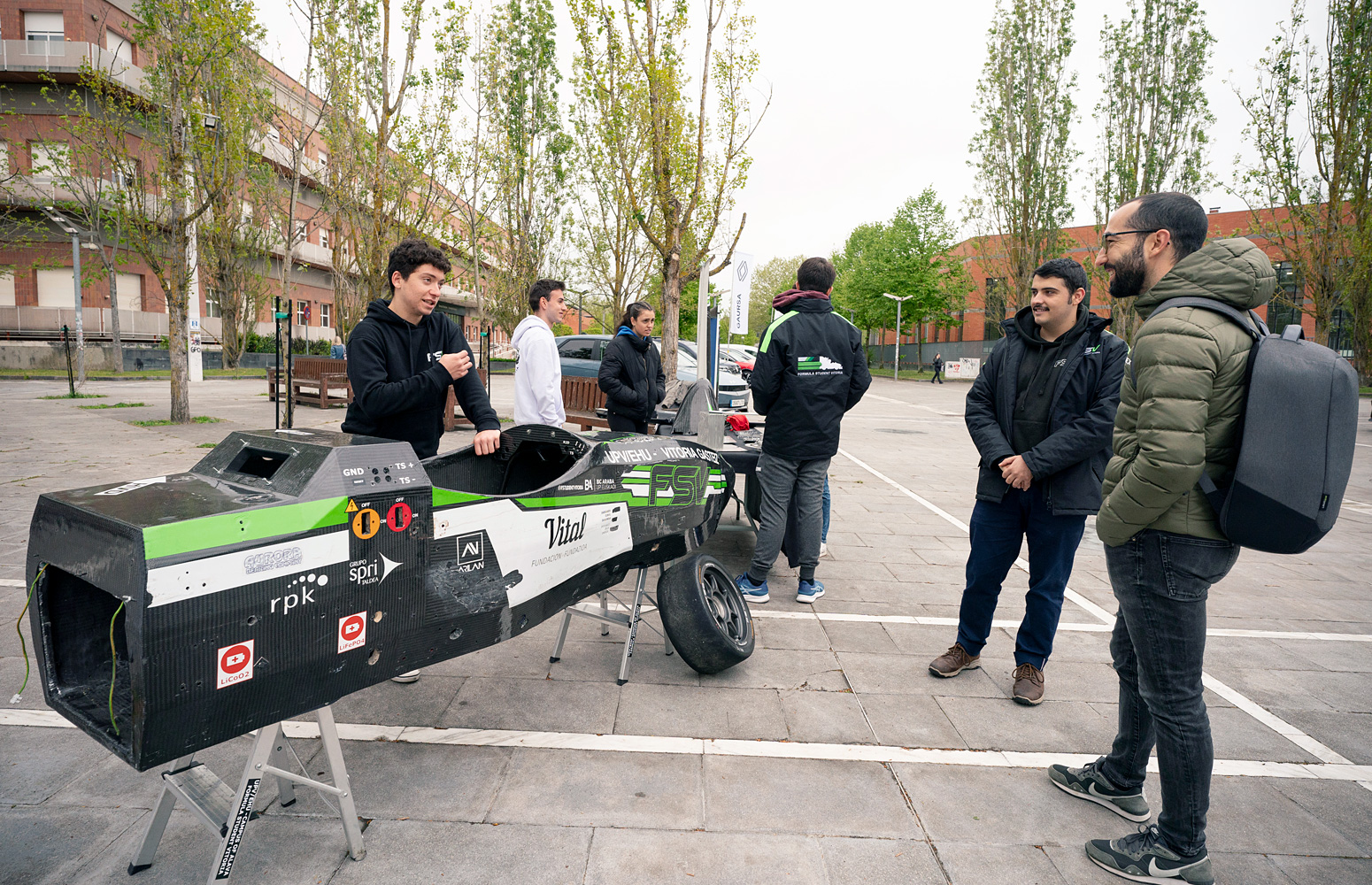Javier Gavilanes-Trapote, a researcher in the UPV/EHU’s Department of Business Organisation, has analysed the capacity of the Basque Autonomous Community (BAC) in the area of technological innovation. The aim was to determine which aspects have enabled it to be regarded as an innovative region that is leading R&D in the Spanish State and is among the strongest in Europe.
-

In memoriam: Arturo Muga
-

Violeta Pérez Manzano: «Nire ahotsa ijito bakar batengana iristen bada eta horrek inspiratzen badu, helburua bete dut»
-

In memoriam: German Gazteluiturri Fernández
-

Azukrea eta edulkoratzaileak. Zer jakin behar dut?
-

Itsasoaren gainazalaren tenperatura-igoerak aldaketa sakonak eragin ditu makroalgen komunitateetan
Evolution in the Basque Country’s technological innovation is on the rise
The quality of innovation in the Basque Autonomous Community has been gradually increasing as the years go by, according to a study by the UPV/EHU-University of the Basque Country
- Research
First publication date: 22/08/2018

The work conducted by the UPV/EHU researcher Javier Gavilanes-Trapote has characterised the capacity for innovation of the BAC region in the 1992-2011 period by means of tech mining tools capable of processing large quantities of structured data for the purpose of looking for patterns, finding links and extracting knowledge. “The use of patents as the database has a number of limitations, even though they provide the most suitable sources of information for gathering technological knowledge generated in a region,” said Gavilanes. “They contain structured information that to a considerable degree facilitates the characterisation of technological innovations,” added the UPV/EHU researcher.
The databases of patents used were INVENES of the Spanish Patent and Trademark Office (OEPM), and PATSTAT of the European Patent Office (EPO). By means of the information contained in the patents “we used indicators to determine who the most innovative agents are, where they are located and in which technological sectors is innovation developed to the greatest extent,” explained Javier Gavilanes. After that, “a series of indicators were put forward to qualitatively assess the patents, and the extent of transfer of the technological sectors was determined,” he added. Finally, "technological maps were presented to display, firstly, the collaboration networks (who works with whom) and their evolution in time; and secondly, to represent the link between sectors and identify new sources of technological knowledge”.
A strong, innovative region
“An initial approach shows,” said Gavillanes, “how the greater innovation activity of the BAC is concentrated in the provinces of Gipuzkoa and Bizkaia, the automotive and building sectors being where the greatest technological advances are made.”
The geographical proximity is regarded by many authors as a key aspect in collective learning, the generating of new knowledge and innovation. “In the case of the BAC, one can appreciate how the three technology parks in each province have achieved the basic objective of encouraging the generation of technological knowledge. A fourth centre located in Arrasate-Mondragon has to be added to these technology parks. It brings together most of the companies in the Mondragon Corporation,” pointed out Javier Gavilanes.
To determine the quality of the patents in the BAC, “we have compared the proposed impact indicators with those of another worldwide and nationwide sample throughout the same period. The results reveal high values of the patents in the BAC, mainly in the final years of the study in comparison with those of the rest of the world”, said the UPV/EHU researcher. “This indicates that the quality of innovation in the BAC has been gradually increasing over the years and partly explains why the BAC is regarded as a strong innovative region, leading R&D in the Spanish State and positioning itself among the strongest in Europe,” concluded Gavilanes.
Additional information
This research was conducted within the framework of the PhD thesis by Javier Gavilanes-Trapote (Barakaldo, 1978), entitled 'Análisis de la innovación tecnológica en la CAPV a través de las patentes' [Study of technological innovation in the Basque Autonomous Community through patents]. It was supervised by Rosa Maria Río-Belver, tenured lecturer in the UPV/EHU’s Department of Business Organisation, and Ernesto Cilleruelo professor and head of this department.


